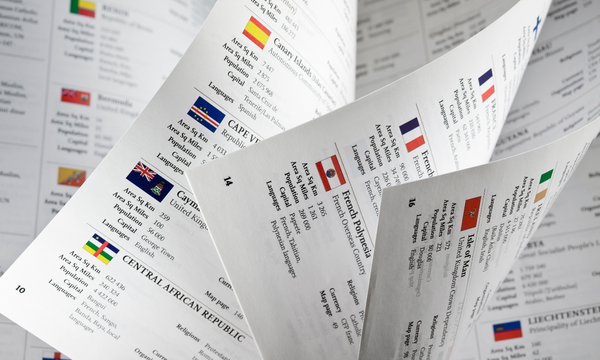
Impact of Soft Power in International Relations: How Culture and Values Shape Diplomacy


In international relations, the concept of power is often associated with military might, economic strength, or geopolitical influence. However, there is another form of power that is equally important but less understood: soft power. Soft power refers to a country's ability to influence others through its culture, values, and ideas, rather than through coercion or force. In this article, we will explore the impact of soft power in international relations and how culture and values shape diplomacy.
Cultural Diplomacy: Soft power is often associated with cultural diplomacy, which involves the promotion of a country's culture and values abroad. This can include everything from art, music, and literature, to sports, cuisine, and fashion. By showcasing its cultural achievements and values, a country can project an image of itself that is attractive and inspiring to others.
Public Diplomacy: Soft power also plays a crucial role in public diplomacy, which involves engaging with foreign publics and opinion leaders to promote a country's interests and values. This can involve everything from cultural exchanges and educational programs, to media outreach and social media engagement. By building relationships and engaging with foreign publics, a country can promote its values and ideas in a way that resonates with others.
Norms and Standards: Soft power is also linked to the promotion of norms and standards. By advocating for human rights, democracy, and the rule of law, a country can project an image of itself as a champion of universal values and principles. This can help to build trust and cooperation with other countries, as well as promote stability and prosperity in the international system.
Global Issues: Soft power is particularly important in addressing global issues such as climate change, public health, and terrorism. By promoting a shared vision of global cooperation and mutual responsibility, countries can build consensus and mobilize action to address these challenges. Soft power can also help to mitigate tensions and resolve conflicts by promoting mutual understanding and respect.
Influence and Leadership: Soft power ultimately comes down to influence and leadership. By projecting a positive and inspiring image of itself, a country can build trust, credibility, and respect among other nations. This can translate into greater influence and leadership on the global stage, as well as more effective diplomacy and foreign policy.

